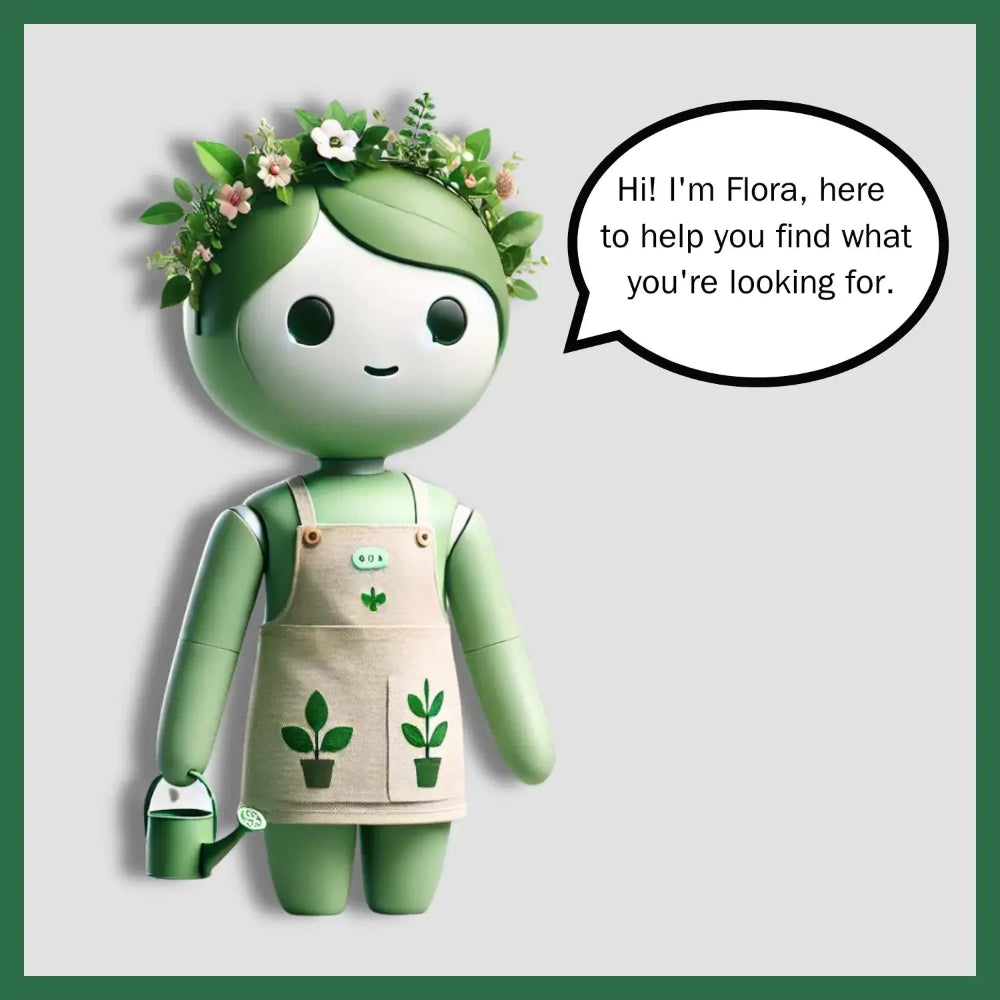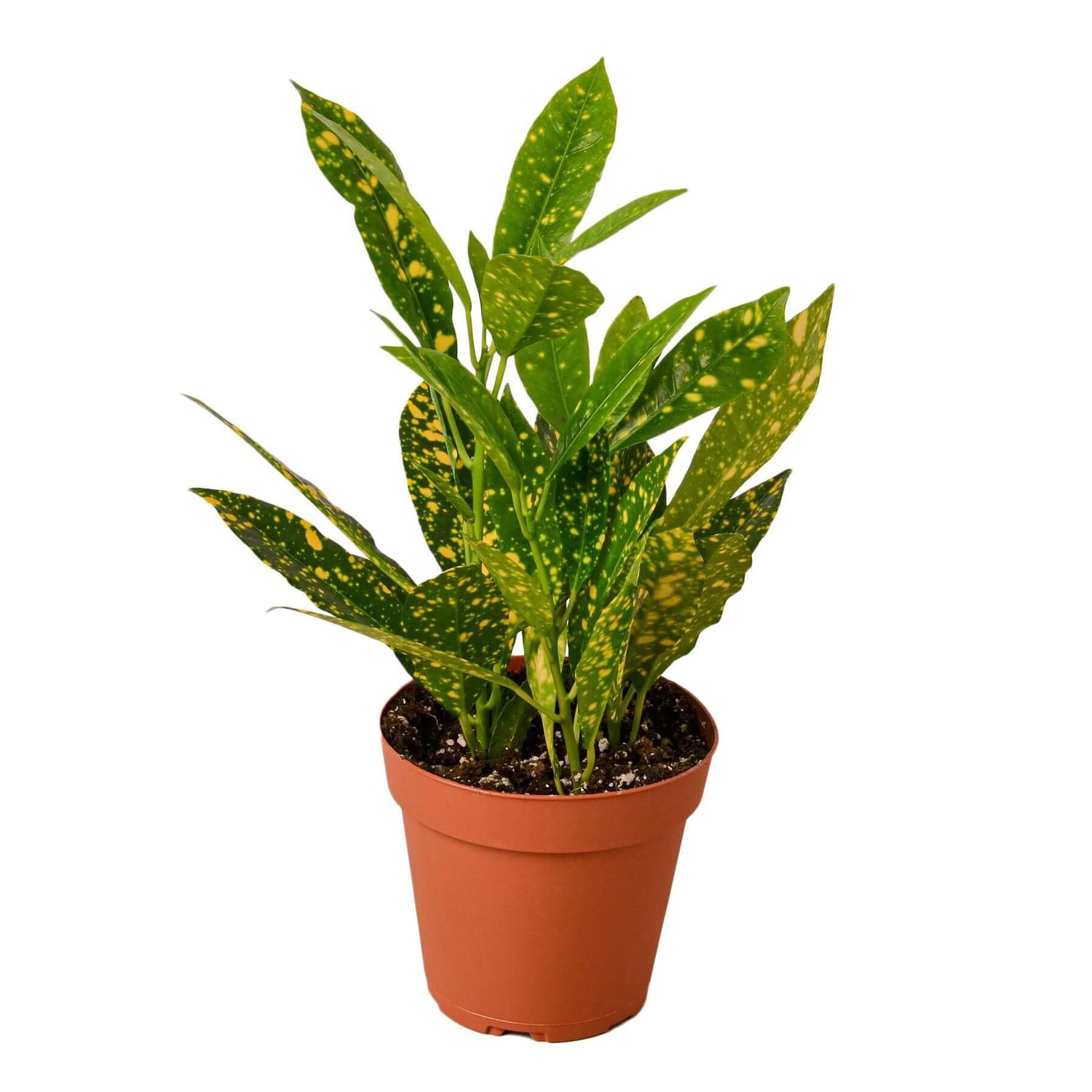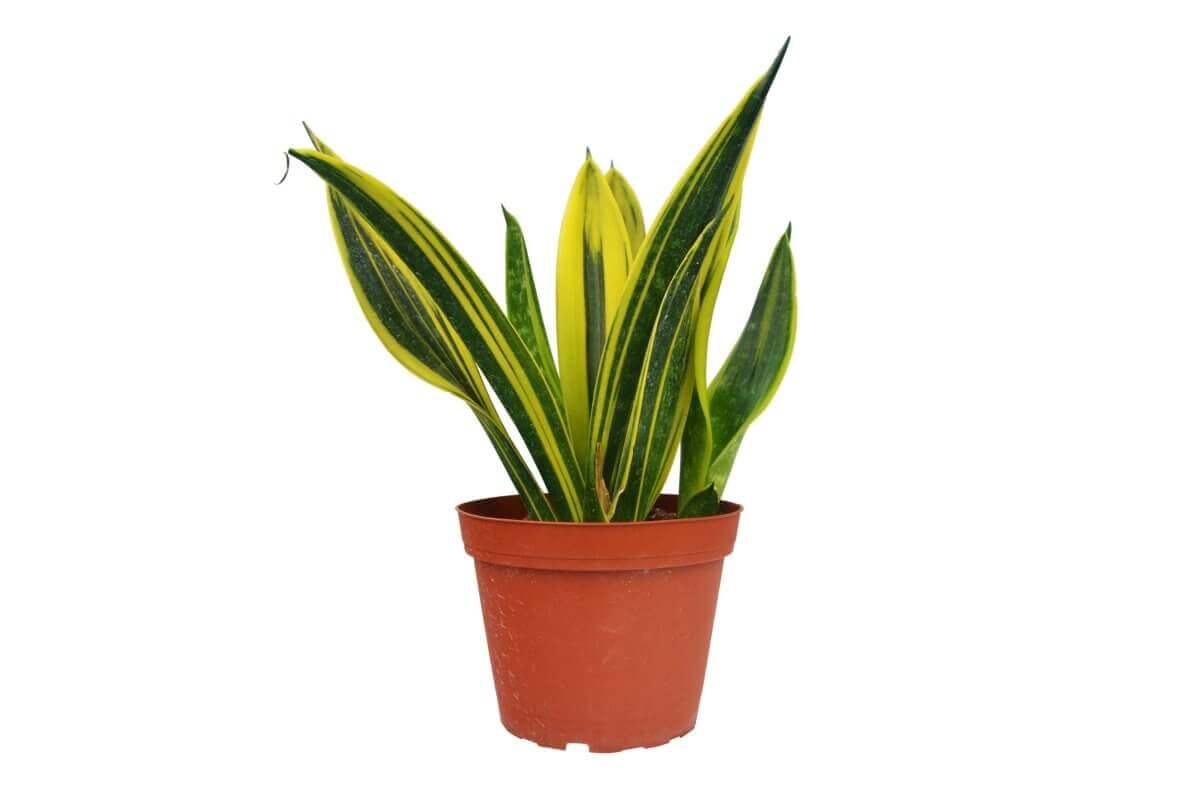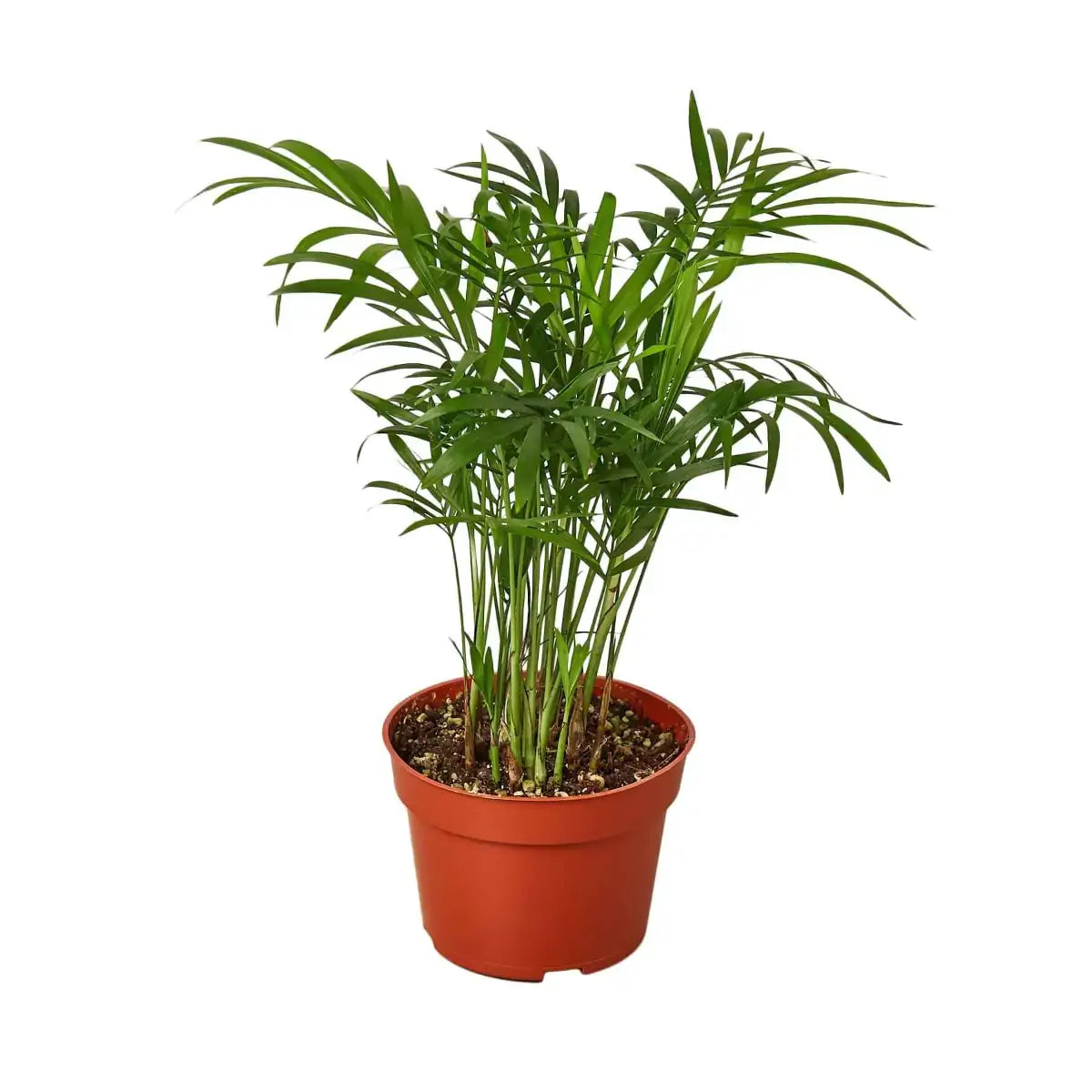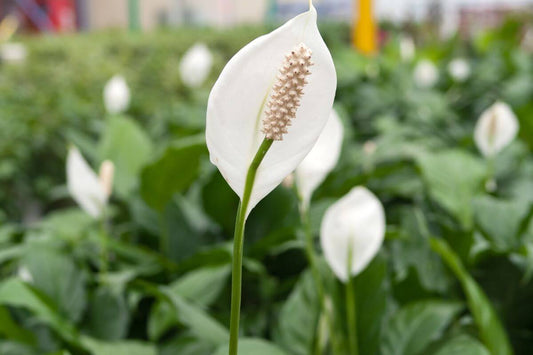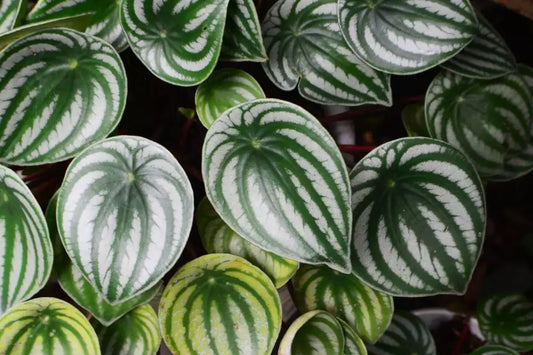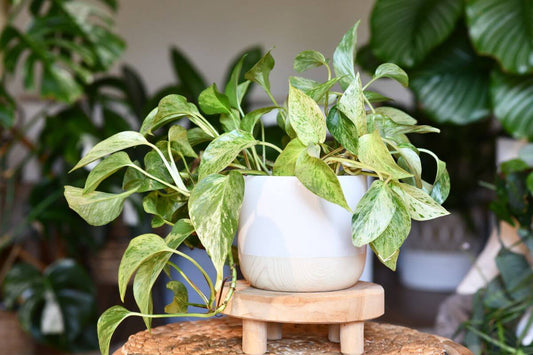Welcome to All About Planties! 🌿 Whether you're a seasoned plant parent or just starting your green journey, understanding nutrient deficiencies in plants is crucial. Let's dive into the signs, causes, and solutions to keep your plant babies thriving.
Recognizing Nutrient Deficiencies
Yellowing Leaves
One of the most common signs of nutrient deficiency is yellowing leaves, also known as chlorosis. This often indicates a lack of nitrogen. Nitrogen is essential for healthy leaf growth, and without it, your plant's leaves will turn pale.
Stunted Growth
If your plant isn't growing as it should, it might be due to a lack of essential nutrients like phosphorus. Phosphorus is crucial for root development and overall plant health.
Brown Edges on Leaves
Brown or crispy edges on leaves can be a sign of potassium deficiency. Potassium helps regulate water and nutrient movement in your plant, ensuring it stays hydrated and healthy.

Common Causes of Nutrient Deficiencies
Poor Soil Quality
Plants rely on soil to provide the nutrients they need. If the soil is depleted or of poor quality, your plants won't get the essential nutrients required for growth.
Improper Watering
Overwatering or underwatering can affect nutrient uptake. Ensure you're watering your plants correctly to avoid nutrient lockout or deficiency.
Lack of Fertilization
Without regular fertilization, soil can become nutrient-depleted over time. Using a balanced fertilizer can help replenish the nutrients in the soil.

Solutions to Nutrient Deficiencies
Use Quality Potting Mix
Starting with a high-quality potting mix ensures your plants have the best foundation. Check out our repotting guide for the best results.
Fertilize Regularly
Using a balanced fertilizer can help maintain nutrient levels in the soil. We recommend natural plant fertilizers that provide essential nutrients without harming the environment.
Monitor Watering
Proper watering is key. Ensure your plants are neither overwatered nor underwatered. Our watering guide can help you find the perfect balance.
FAQs on Nutrient Deficiencies
Q: How can I tell if my plant needs more nitrogen?
A: Look for yellowing leaves and stunted growth. If you notice these signs, it's time to boost the nitrogen levels in your soil.
Q: Can over-fertilizing cause nutrient deficiencies?
A: Yes, over-fertilizing can lead to nutrient lockout, where the plant cannot absorb essential nutrients. Always follow the recommended dosage on the fertilizer packaging.
Q: Are there natural ways to treat nutrient deficiencies?
A: Absolutely! Compost, worm castings, and organic fertilizers are great natural options to boost soil nutrients.

Related Products
- ZZ Zamioculcas 'Black Queen': A hardy plant that requires minimal fertilization and thrives in low light conditions.
- Orchids: Our collection of beautiful orchids that flourish with the right care and nutrients.
- Rare Plants: Discover unique plants that can add a special touch to your home garden.
Final Thoughts
Understanding and addressing nutrient deficiencies is essential for keeping your plants healthy and vibrant. By recognizing the signs early and taking the right steps, you can ensure your plants continue to flourish. For more tips and plant care guides, explore our Tips and Tricks blog and join our community of plant enthusiasts.
Happy planting! 🌱


